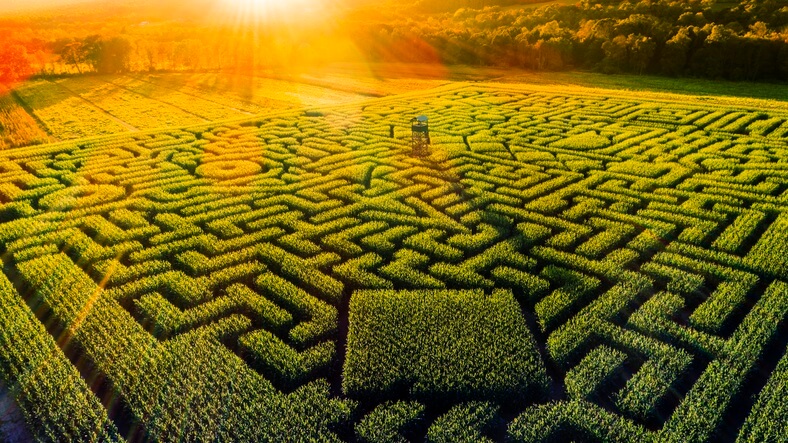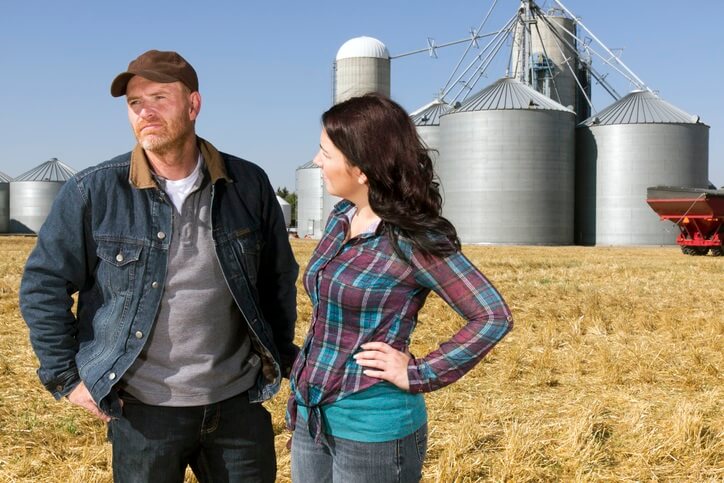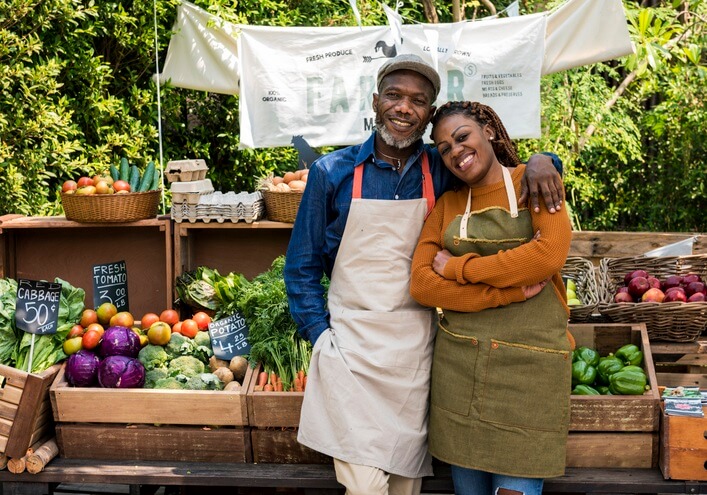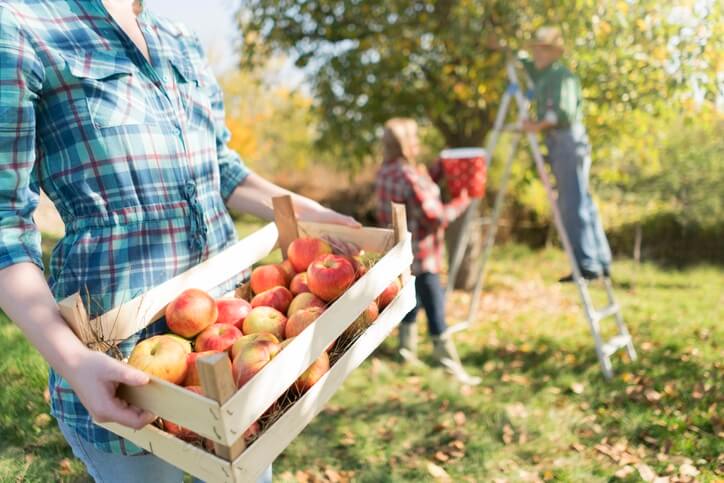This is always a hot topic in divorce, but in particular with farm and ranch families. I worked on Fact Sheets for family law issues affecting agriculture for the National Agriculture Law Center. You can read my Fact Sheet on children issues including “custody and visitation” here.
Who Claims the Child(ren) as Tax Dependents under Illinois Law?
In Illinois, it is within the trial court’s discretion to give the dependency status to one parent because the tax dependency issue is viewed as an issue of support. In re Marriage of Evanoff and Tomasek, 2016 IL App (1st) 150017 (1st Dist. 2016), In re Marriage of Sawicki, 346 Ill.App.3d 1107 (3rd Dist. 2004). If a court allows the …
NALC Fact Sheet: Keeping the Farm Business Intact
Oftentimes in a divorce or separation, people assume that assets need to be divided… but that isn’t *always* the case, especially with farm and ranch divorces. Read my Fact Sheet on Keeping the Farm Business Intact with the National Agriculture Law Center here. You can read all of the fact sheets on family law issues with agriculture here.
NALC Fact Sheet: Farm Succession and Estate Planning Concerns in a Divorce
Oftentimes folks who are getting a divorce, do not think about estate planning concerns but this is an especially important issue for multi-generational farm and ranch families, Read my fact sheet with the National Agriculture Law Center on this very topic here. All of the family law issues in agriculture Fact Sheets can be found here.
Family Law Issues in Agriculture: Equitable Distribution
Equitable distribution (“ED”) is the allocation of the marital estate in a divorce. Importantly, not all states are equitable distribution states; instead, states like Texas and California are community property states. The majority of states are equitable distribution states, but it is important to confirm this with a licensed attorney in the applicable jurisdiction. In way of background, property in …
Family Law Issues in Agriculture: Child Support
Child support in most states is largely formulaic (i.e., a math equation)– basic support is typically calculated by looking at the income and qualified deductions of each parent. However, for most involved in farming and ranching or other kind of agri-business, finding the numbers for the math equation is anything but straightforward. This figure is also used to help calculate …
Family Law Issues in Agriculture: Spousal Maintenance
Spousal maintenance in some states is formulaic, while others rely on case law. In either scenario, there needs to be a determination of income (not assets). For most involved in farming and ranching or other kinds of agri-business, determining income is anything but straightforward. Typically, a spouse is required to pay for his/her health insurance after the divorce, but if …
Family Law Issues in Agriculture: Prenuptial Agreements
Prenuptial agreements are oftentimes viewed as taboo; instead, farmers, ranchers, agribusiness owners, and food entrepreneurs should view prenuptial agreements like an insurance policy for a marriage. Nobody gets on an airplane thinking that it is going to crash, but you still go over the safety instructions. A prenuptial agreement simply notes the safety instructions in case the marriage terminates for …
Family Law Issues in Agriculture: Orders of Protection
An Order of Protection is available for parties who are being stalked, harassed, or abused by their partner (physically, verbally, or sexually). It is available not only for romantic relationships (e.g., spouse, boyfriend/girlfriend), but also other family relationships (e.g., between a farmer landlord uncle and farmer tenant niece). Although the procedures for filing and defending against an order of protection …
Family Law Issues in Agriculture: Keeping the Business Intact
Most parties going through a divorce do not consider the option of keeping the farm business intact. Everyone’s brains (including the lawyers’) typically go to dividing the farm/ranch assets, along with its inventory. However, there is another option: keeping the business intact. This has several advantages, especially if this is a multi-generational farm family business. This requires careful planning and …












